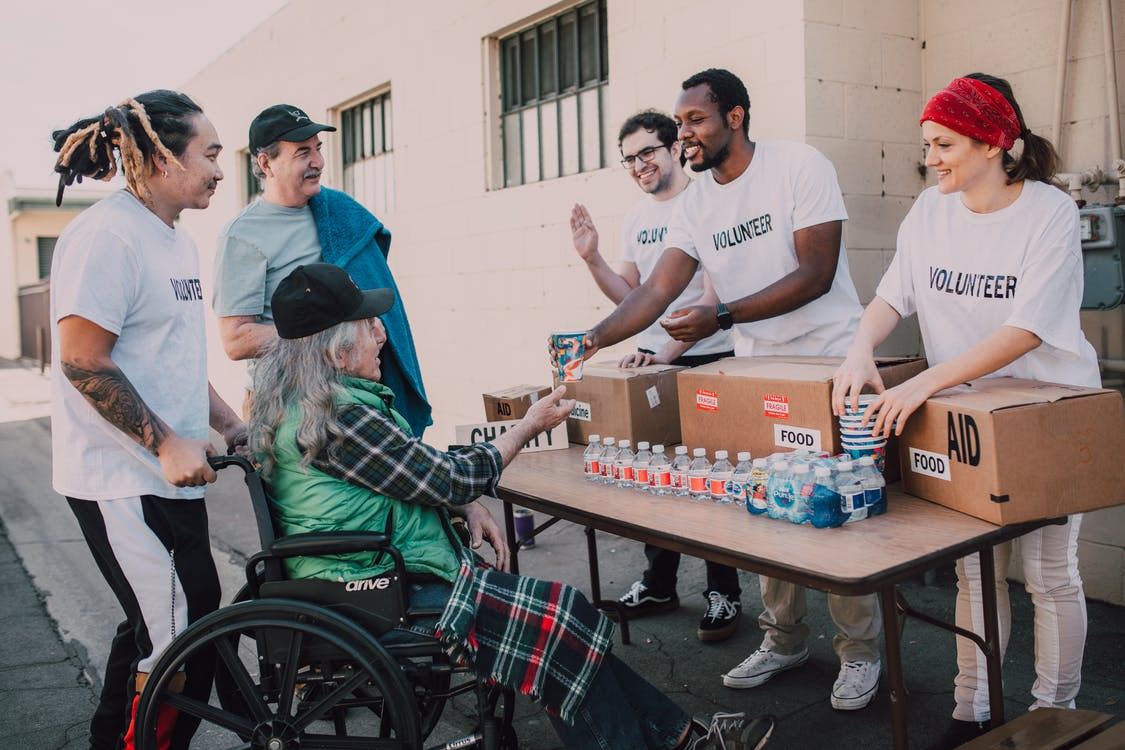
4 Tips for Planning a Successful Fundraising Campaigns
April 21, 2022
5 Importance of Fund-Raising Campaigns
May 19, 2022There’s a different world inside prisons than the one outside them.
That’s why most, if not all, newly-released prisoners struggle to assimilate with normal society again. Social expectations and behavioral changes aside, they have to adjust to a completely different standard of living once they’re out of prison. Every year, more than half a million individuals are released from prisons in the US. For the majority of them, life on the other side is full of challenges.
Luckily, there are nonprofit and governmental organizations helping them through reentry services. Here are the major challenges they aim to address.
1. Stigmatization
Perhaps the root of all problems for newly-released prisoners is the stigmatization they have to face. The general public holds a significantly negative stigma against ex-offenders, which often leads to discrimination and ostracism. Ex-prisoners are looked down upon by many influential people in society, due to which they struggle to find meaningful opportunities for reentry into society.
2. Lack of Job Opportunities
Literacy, or lack thereof, is another major problem among prisoners. Statistics suggest that more than 60-70% of all prisoners in US state and federal prisons are functionally illiterate. Many of them are high school dropouts, while many have never gotten a formal education to begin with.
When such prisoners try to reenter society, their lack of educational and vocational skills deters them from finding good job opportunities. Stigmatization plays a part here, too, with employers being unwilling to hire candidates with criminal records. That’s why many released prisoners struggle to maintain healthy livelihoods.
3. Family Strain
A large percentage of prisoners get emotional and financial support from their families while in prison. However, the situation often changes once they’re out. Their families can pressurize them to get their lives back on track, which is hard for ex-prisoners to do due to the lack of opportunities.
4. Mental Problems
Many prisoners suffer from mental health issues even when they’re still in prison. These issues can either remain the same or get worse once they reenter society. They get better in highly rare cases. This is largely due to the lack of mental health resources for ex-offenders. As a result, many prisoners reentering society struggle with declining mental health.
Running a Reentry NGO? Our Software Can Help!
There are many critical tasks reentry nonprofit caseworkers must handle every day. FAMCare Rapid Case Management software can help make their jobs easier!
Our software is designed with state-of-the-art automation technology to cater to the needs of nonprofit organizations. Despite the number of cases you deal with on a daily basis, our Re-Entry Case Management Software can help you manage them effectively. You can automate workflows and monitor case-related data using the software. It can even be customized to fulfill your specific organizational requirements!
Give it a try with a free demo today.





